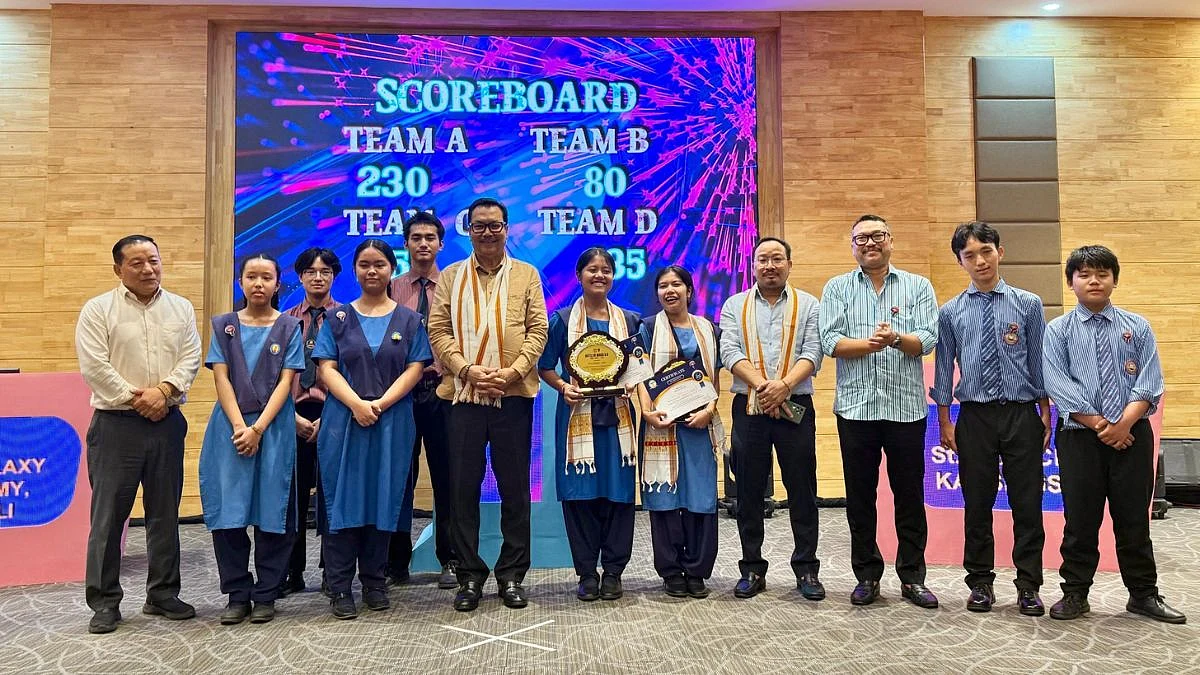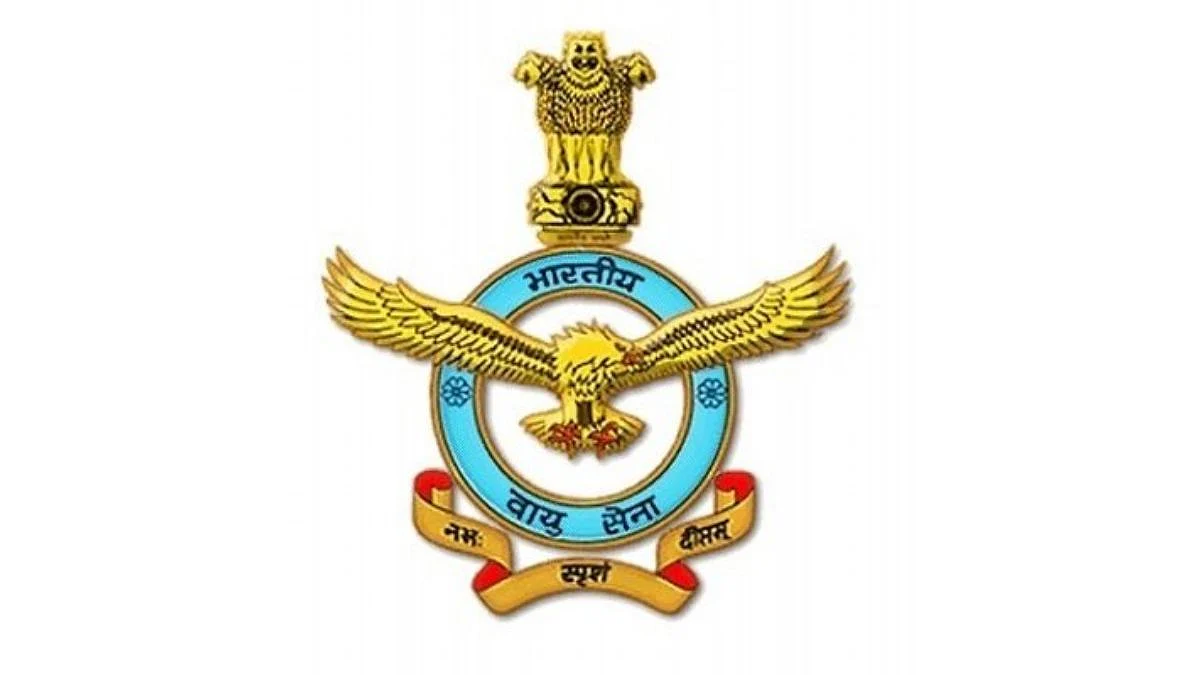Roorkee: The Indian Institute of Technology (IIT) Roorkee has trained about 160 engineers in water resource management.
Earlier in December 2023, an MoU was signed between IIT Roorkee and the Odisha Integrated Irrigation Project for Climate-Resilient Agriculture (OIIPCRA).
The collaboration's aim was to provide these engineers and officers from the Department of Water Resources, Odisha's Minor Irrigation Organisation, with training in Water Resources Management, with a focus on Minor Irrigation Systems.
Prof. Deepak Khare, Dean of Finance and Planning, IIT Roorkee, said, "Our training programs not only enhance technical skills but also inspire innovative solutions to tackle the challenges posed by climate change."
The First Course Successfully Concluded
In support of this initiative, the Water Resources Development and Management (WRD&M) Department at IIT Roorkee, under the direction of Prof. Khare, arranged eight training sessions at the university's Continuing Education Center from January to August of 2024.
The first course was inaugurated by Prof. K.K. Pant, Director of IIT Roorkee, and ran from January 8 to January 13, 2024. In addition to experts from the National Institute of Hydrology, Roorkee, and the MNIT, Jaipur, the courses featured lectures by distinguished professors from several IIT Roorkee departments, including Civil Engineering, Humanities, Management, Mechanical, and Industrial Engineering.

IIT Roorkee
What Were The Subjects?
Apart from fundamental subjects, the participants also received training in various technologies like GIS and remote sensing, AI and ML applications for water resources, advanced surveying methods, decision support systems, the effect of climate change on irrigation projects, and more.
During the training, the Odisha civil engineers learned about managing water resources, including assessing groundwater, using it in conjunction with other uses, groundwater governance, designing and lining canals, designing and implementing cross-drainage projects, retrofitting hydraulic structures, managing projects, evaluating economic risks, collecting rainwater, assessing droughts, and analyzing the costs and benefits of irrigation projects.
Er. Jagannath Mallik, Superintending Engineer, Minor Irrigation Organization, Odisha, shared his experience: "The knowledge gained in advanced water management techniques and technologies will greatly enhance our ability to implement effective irrigation solutions and contribute to climate-resilient agriculture in Odisha."












